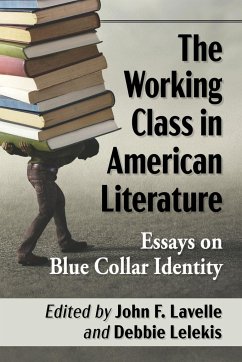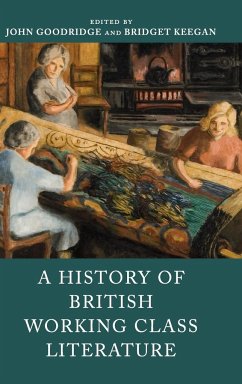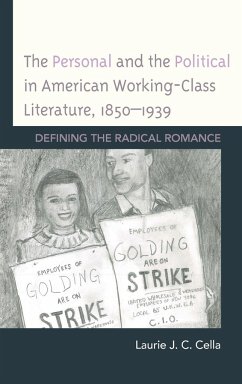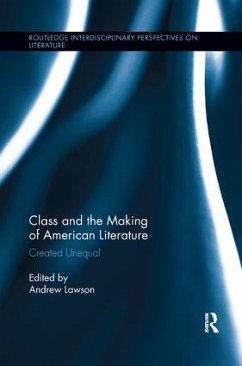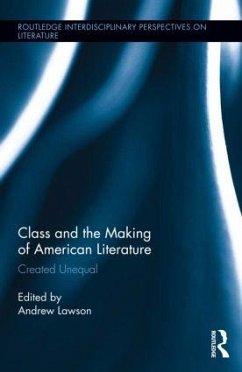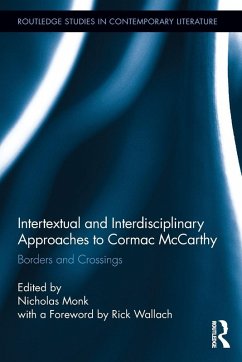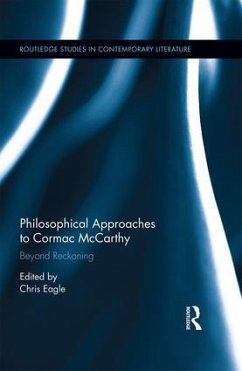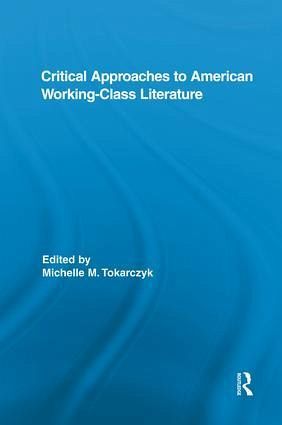
Critical Approaches to American Working-Class Literature
Versandkostenfrei!
Versandfertig in 1-2 Wochen
45,99 €
inkl. MwSt.
Weitere Ausgaben:

PAYBACK Punkte
23 °P sammeln!
This book is one of the first collections on a neglected field in American literature: that written by and about the working-class. Examining literature from the 1850s to the present, contributors use a wide variety of critical approaches, expanding readers' understanding of the critical lenses that can be applied to working-class literature. Drawing upon theories of media studies, postcolonial studies, cultural geography, and masculinity studies, the essays consider slave narratives, contemporary poetry and fiction, Depression-era newspaper plays, and ethnic American literature. Depicting the...
This book is one of the first collections on a neglected field in American literature: that written by and about the working-class. Examining literature from the 1850s to the present, contributors use a wide variety of critical approaches, expanding readers' understanding of the critical lenses that can be applied to working-class literature. Drawing upon theories of media studies, postcolonial studies, cultural geography, and masculinity studies, the essays consider slave narratives, contemporary poetry and fiction, Depression-era newspaper plays, and ethnic American literature. Depicting the ways that working-class writers render the lives, the volume explores the question of what difference class makes, and how it intersects with gender, race, ethnicity, and geographical location.






